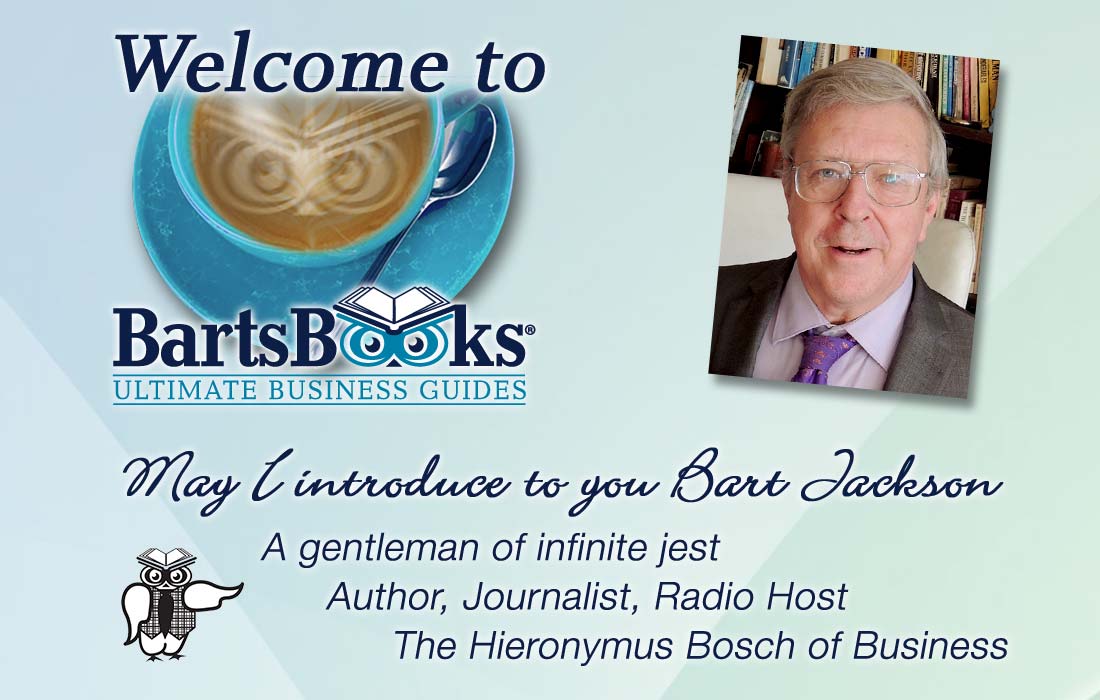In 1621 more than half of the pilgrims who had landed a year earlier and struggled into settlement at Plymouth Plantation were dead. Sometime in November, these remaining 50 joined sachem Massasoit and 90 of his Wampanoag tribes folks in a three-day celebration: both groups had completed a substantial harvest and would be able to survive through the winter. The native hunters brought seven deer to the table, supplemented by, yes, wild turkeys contributed by both groups. A couple of humbling thoughts always strike me when I reread this tale of the first Thanksgiving feast.
- What’s to Celebrate? Festivals for a rich harvest are as ancient as agriculture. The mystery of Nature’s grown bounty has puzzled and delighted people since the first planted seed bore fruit. And my guess is that for the Wampanoag this November 1621 feast was mostly a harvest celebration. But for the pilgrims, came the added observance that they were still alive. Massachusetts’ drenchingly wet, bitter winter along with an endemic of several diseases had left “but four of our 20 English housewives” who had made the trip on the Mayflower, noted pilgrim celebrant Edward Winslow. Everyone had lost family. About half of the survivors were children and teens. And despite the fact that the same bleak challenges loomed on the future horizon, the pilgrims rejoiced that, “we have made it this far – after one year in New England, we are still here, fighting on.”
- The Kindness of Strangers. Rich in faith and little else, it would be difficult to imagine a group less qualified to settle and endure in the frigid New World. In 17th century Europe, where over 90 percent of the population was engaged in agriculture, the Mayflower pilgrims boasted not one farmer in the entire crew. Had it not been for the counsel and labor of Tisquantum and several other Wampanoag peoples, the pilgrim’s attempt to plant survival crops would have failed entirely. Additionally, the lore of foraging and preparing native plants that these Wampanoag shared with the newcomers was literally a godsend.
In Homo sapiens, compassion and the urge to lend a sympathetic hand are as innate as fear, anger, and greed – and they are more evident, if you pause to lift your eyes from the headlines and take a look.
The lessons from these people celebrating the 1621 Thanksgiving are obvious. May we all pause and give our own thanks.
Bart Jackson

